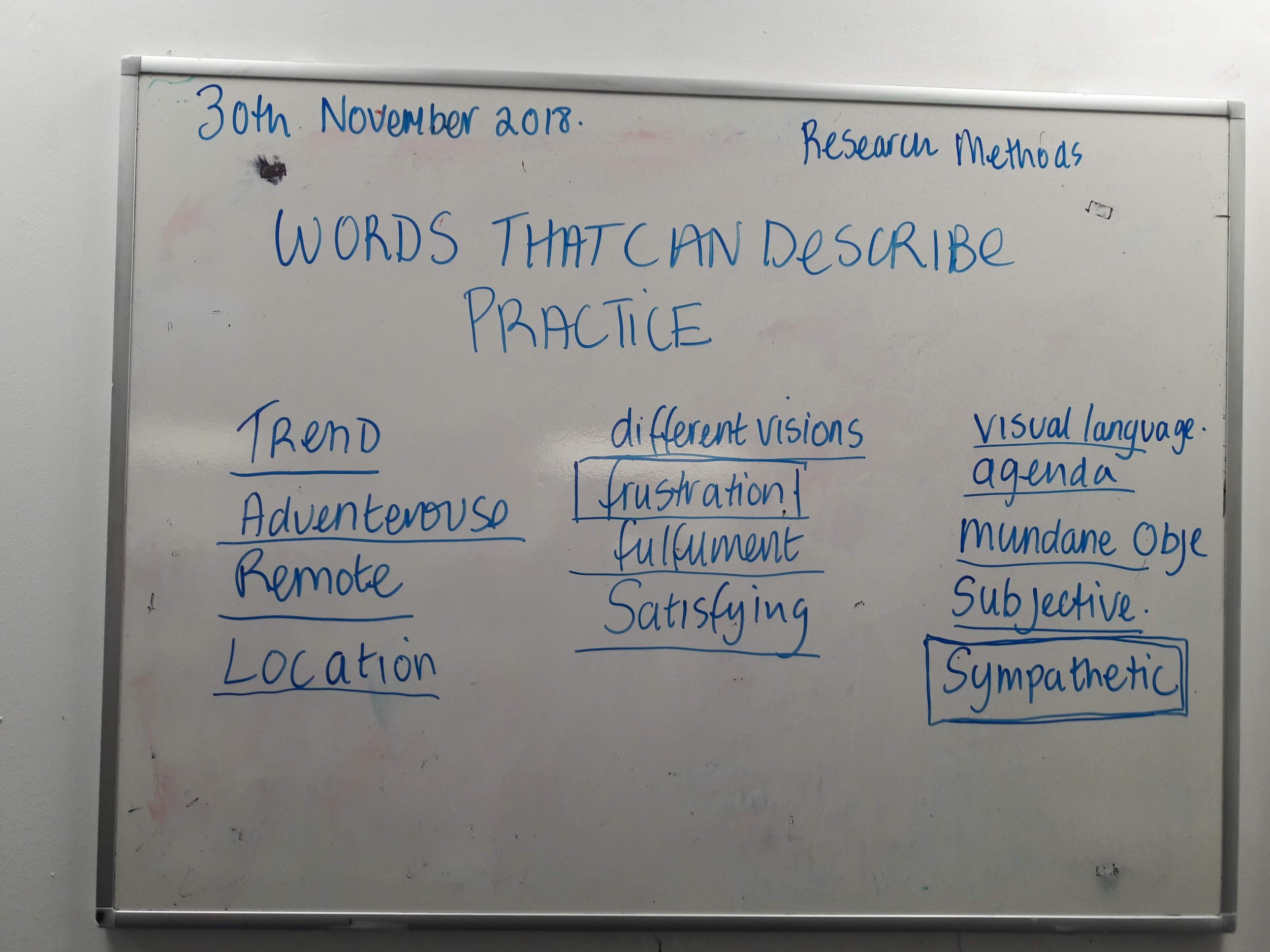The ability to adopt an 'academic' style of writing is a recognised requirement for any degree level research report and students soon discover that a good thesaurus is an invaluable tool for finding novel words, with which they can present their thoughts concisely but also precisely. Academic literature could be considered as one of the last remaining bastions protecting our languages from the phenomenon of 'dumbing down'. If a single specific word could replace a phrase or most of a sentence then it seems logical to utilise it. The problem with using relatively obscure terminology is that many people will never have encountered these words and find it necessary to refer to a dictionary to comprehend them. Their resulting perception of an author who uses technical or grandiose language, could generate a sense of frustration sufficient to discourage the reader from continuing any further, which would become counter-productive. The importance of using appropriate language was considered in our tutorial on auto-ethnographic research on 30th November. In writing for other people, if the aim is to explain a complex concept in comprehensive detail, while avoiding unnecessary verbosity, this requirement for clarity but also brevity is potentially contradictory. Slight miscalculation of the perceived intellectual capacity of the intended audience may create a risk that the excessive use of what to some becomes incomprehensible jargon, will to them equate with elitism, designed to preclude their participation. In others, the contrary perception of apparently being talked down to, may generate an equally negative effect. My ambiguous personal views in this respect, derive from my experience as a clinician, guiding patients through complex medical dilemmas, where effective communication was essential. I discovered that it was important to vary the level at which the discussion was pitched to where the individual patient was comfortable but in general, the more complex the issues, the greater the need for less obscure language.While this should not be a dilemma in an academic setting, one consequence of my past experiences is a (possibly irrational) sense of trying to appear to be intellectually ostentatious resulting in a strong desire to avoid this. Resolution of this will entail finding a balance between my compulsive tendency to oversimplification in the form of over-elaborate description and my need to get back into the habit of using appropriately formal academic terminology. Fortunately, I feel that I am developing a better sense of realising this degree of equipoise in the visual language of my photography, hence the featured image chosen as the header for this post.
The importance of using appropriate language was considered in our tutorial on auto-ethnographic research on 30th November. In writing for other people, if the aim is to explain a complex concept in comprehensive detail, while avoiding unnecessary verbosity, this requirement for clarity but also brevity is potentially contradictory. Slight miscalculation of the perceived intellectual capacity of the intended audience may create a risk that the excessive use of what to some becomes incomprehensible jargon, will to them equate with elitism, designed to preclude their participation. In others, the contrary perception of apparently being talked down to, may generate an equally negative effect. My ambiguous personal views in this respect, derive from my experience as a clinician, guiding patients through complex medical dilemmas, where effective communication was essential. I discovered that it was important to vary the level at which the discussion was pitched to where the individual patient was comfortable but in general, the more complex the issues, the greater the need for less obscure language.While this should not be a dilemma in an academic setting, one consequence of my past experiences is a (possibly irrational) sense of trying to appear to be intellectually ostentatious resulting in a strong desire to avoid this. Resolution of this will entail finding a balance between my compulsive tendency to oversimplification in the form of over-elaborate description and my need to get back into the habit of using appropriately formal academic terminology. Fortunately, I feel that I am developing a better sense of realising this degree of equipoise in the visual language of my photography, hence the featured image chosen as the header for this post.
